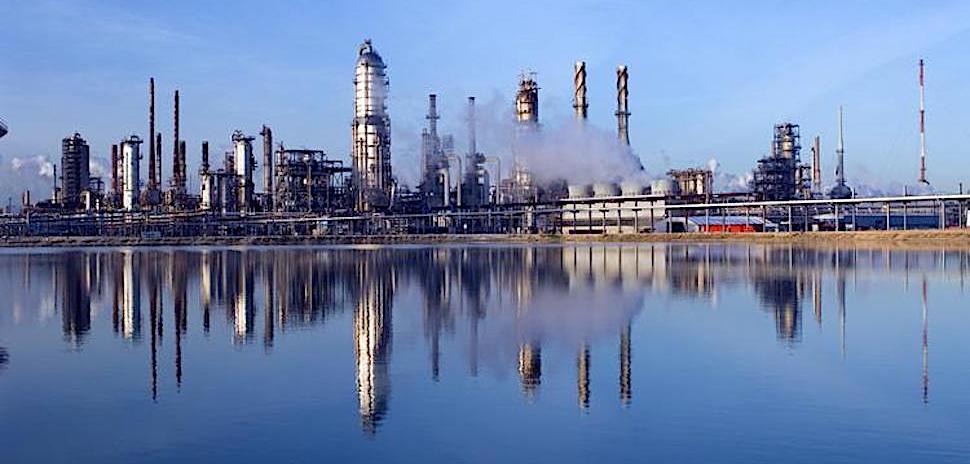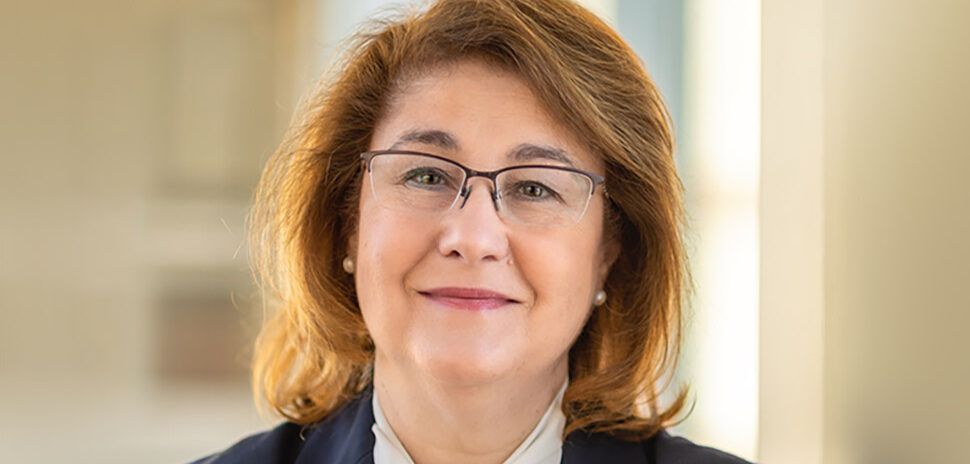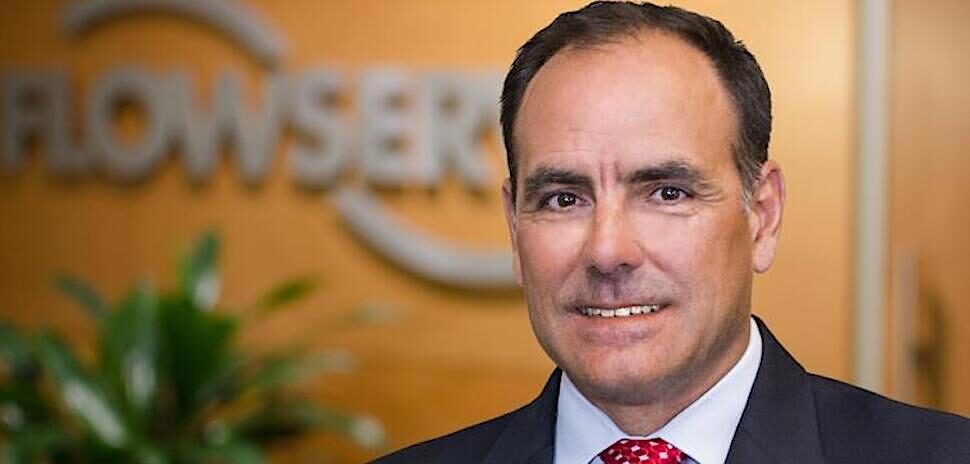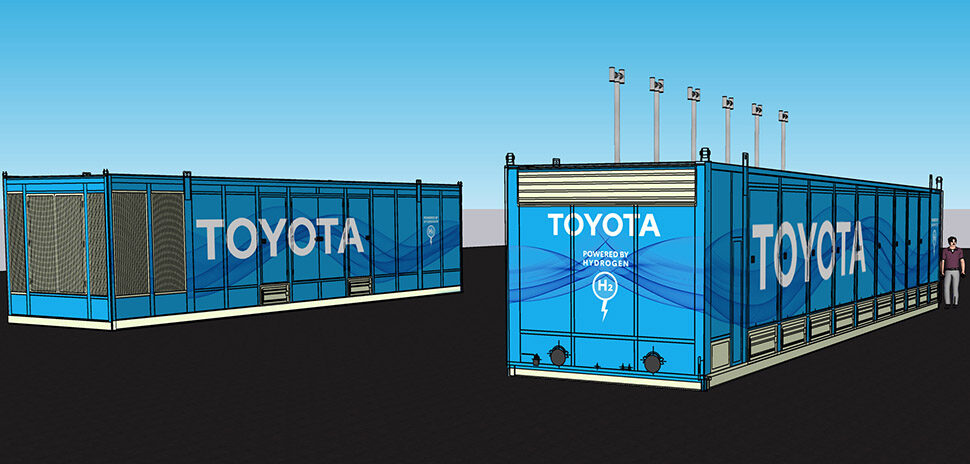
ExxonMobil's Baytown refinery. [Photo: ExxonMobil]
Irving-based energy giant ExxonMobil has awarded a contract for front-end engineering and design as the next step in the development of the world’s largest low-carbon hydrogen production facility.
“This project allows us to offer significant volumes of low-carbon hydrogen and ammonia to third party customers in support of their decarbonization efforts,” Dan Ammann, president of ExxonMobil Low Carbon Solutions, said in a statement. “In addition, the project is expected to enable up to a 30% reduction in Scope 1 and 2 emissions from our Baytown integrated complex, by switching from natural gas as a fuel source to low-carbon hydrogen.”
The company’s Baytown low-carbon hydrogen, ammonia, and carbon capture facility is expected to produce 1 billion cubic feet of low-carbon hydrogen per day, making it the largest low-carbon hydrogen project in the world at planned startup in 2027-2028.
The company said a final investment decision for the project is expected by 2024, subject to stakeholder support, regulatory permitting, and market conditions.
Aiming to capture 98% of CO2 produced by plant
ExxonMobil has awarded the contract to Technip Energies, a French engineering and technology company for the energy industry and chemicals sector., which will be responsible for the next stage of front-end engineering and design of the low-carbon hydrogen project.
More than 98% of the associated CO2 produced by the plant, or roughly 7 million metric tons per year, is expected to be captured and permanently stored, the company said. The carbon capture and storage network being developed will be made available for use by third-party CO2 emitters in the area in support of their decarbonization efforts, ExxonMobil said.
The company said it will pair the world’s largest low-carbon hydrogen facility with the largest olefins plant in the nation to deliver more sustainable, lower-emissions products for customers and society as a whole. Late last year, the company announced a $17B investment to reduce its greenhouse gas emissions.
ExxonMobil is in the process of moving its headquarters from Irving to its campus in Spring, Texas, near Houston. Completion of the move is expected later this year.

Get on the list.
Dallas Innovates, every day.
Sign up to keep your eye on what’s new and next in Dallas-Fort Worth, every day.
R E A D N E X T
-
Konsta-Gdoutos is exploring a way to turn one of the world's biggest polluters—concrete, which accounts for at least 8% of global energy-related CO2 emissions—into a source of clean, renewable energy. “We will pioneer TE-CO2NCRETE, a thermoelectric carbon-neutral concrete, that will exhibit a high carbon dioxide uptake potential and storage capacity,” Konsta-Gdoutos said in a statement. “Engineering the nanostructure of concrete also will allow the material to capture thermal energy from the surroundings and convert it into usable electrical energy, leading to the development of a novel technology for renewable electricity and higher efficiency power source.”
-
Irving-based Commercial Metals Company has completed its acquisition of a Galveston-area metals recycling facility and related assets from Kodiak Resources and Kodiak Properties. Terms of the deal were not disclosed. The facility processes approximately 55,000 tons of ferrous and non-ferrous materials annually, "with the majority of volumes related to obsolete ferrous scrap grades consumed by CMC's long product mills," the company said. The deal is expected to enhance the security and supply of competitively priced inputs to CMC's steelmaking operations. Earlier this week, Barbara Smith, chairman, president, and CEO of Irving-based Commercial Metals Company, was named an EY Entrepreneur Of…
-
The two companies will partner on liquid hydrogen fueling pumps for more than 100 systems planned to be put into operation in California, Australia, and South Korea over the next five years. The pumps will be used in Chart's liquid hydrogen fuel station equipment for fuel cell vehicles. Flowserve CEO R. Scott Rowe says the partnership will "support the development and commercialization of hydrogen as an energy source to build a better, brighter world for everyone."
-
Fuel cells for cars? Think bigger—because Toyota sure is. After developing hydrogen fuel cell technology for over 25 years, mostly aimed at carbon-zero vehicles, the company is scaling up the tech for uses far beyond cars. Now it's working with the U.S. government to build a system that can add energy to the grid, power things like data centers, and more.
-
The $641 million can be invested in a range of eligible projects aimed at reducing carbon pollution and traffic congestion, while increasing transportation options across the state. Projects could include public transit services, electric vehicle charging infrastructure, traffic flow improvements, congestion management technology, and pedestrian and cycle trails.
![]()




























